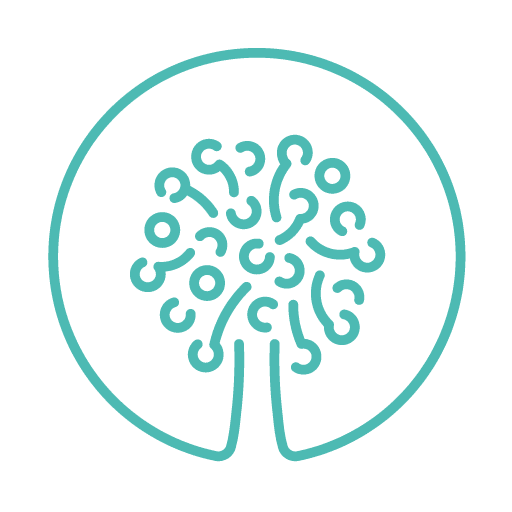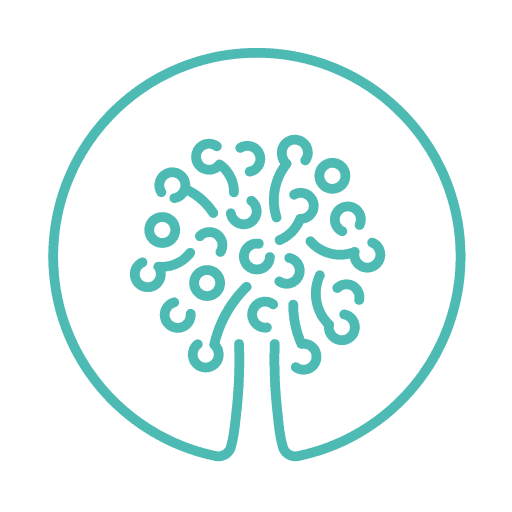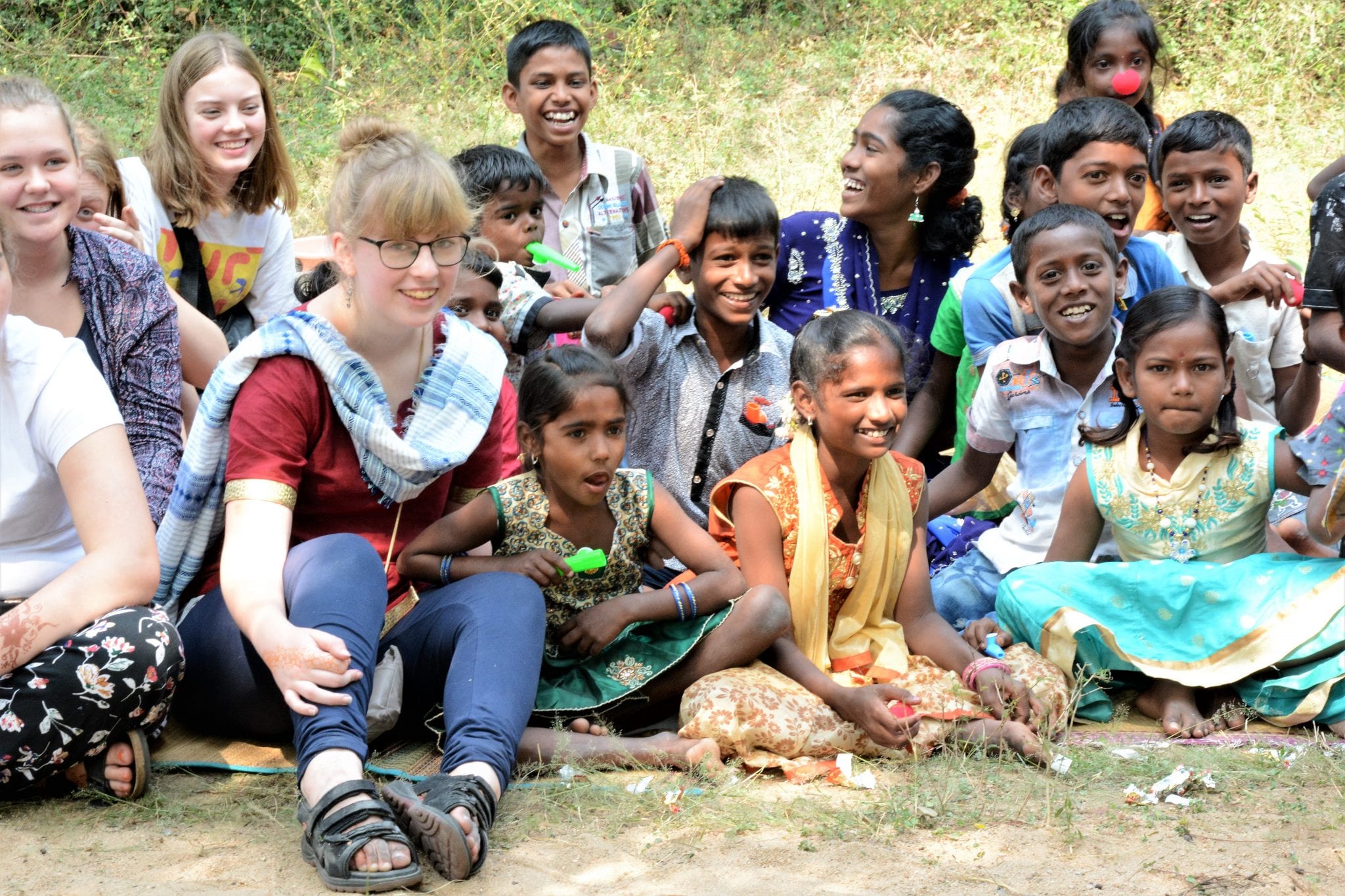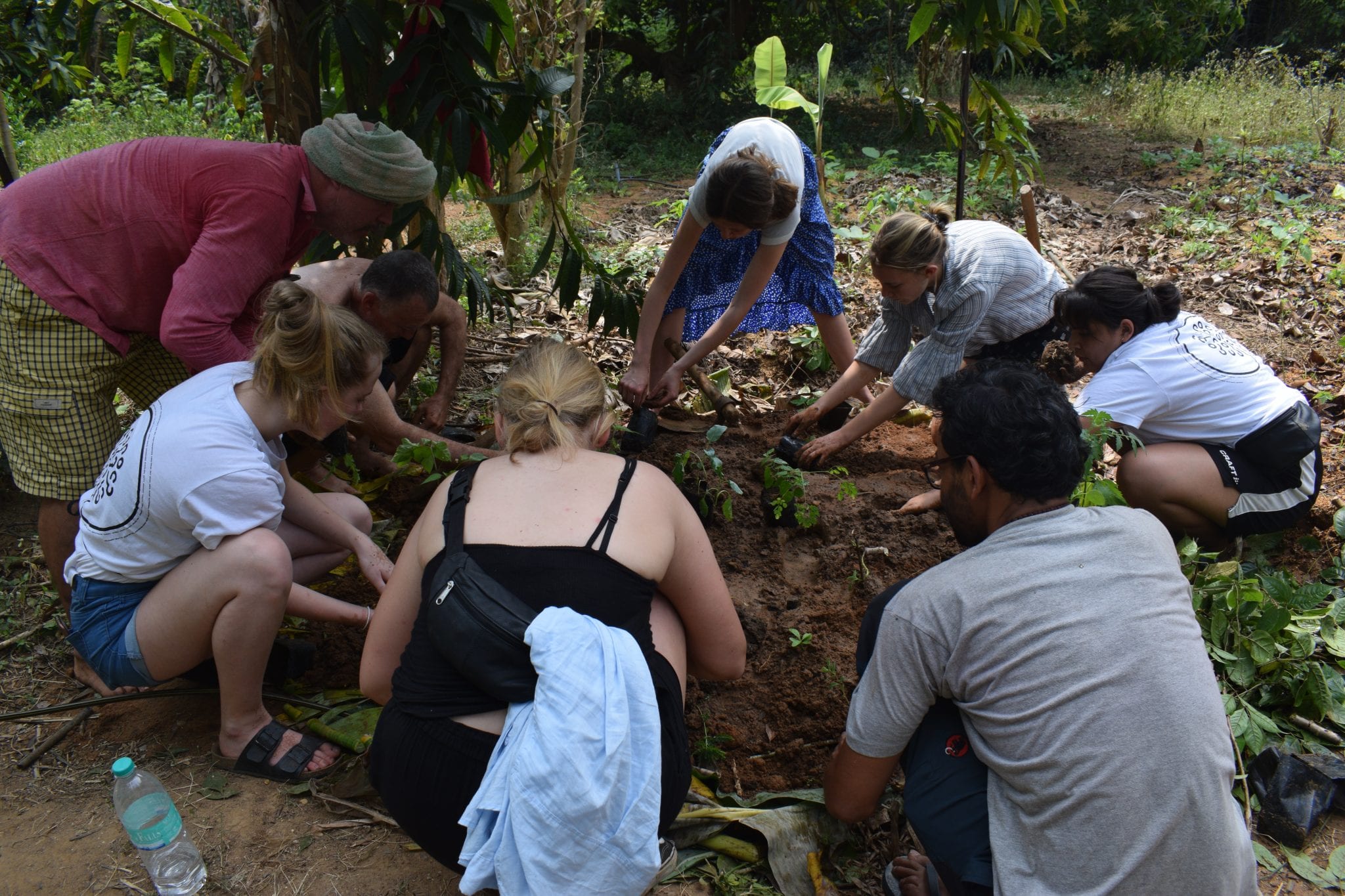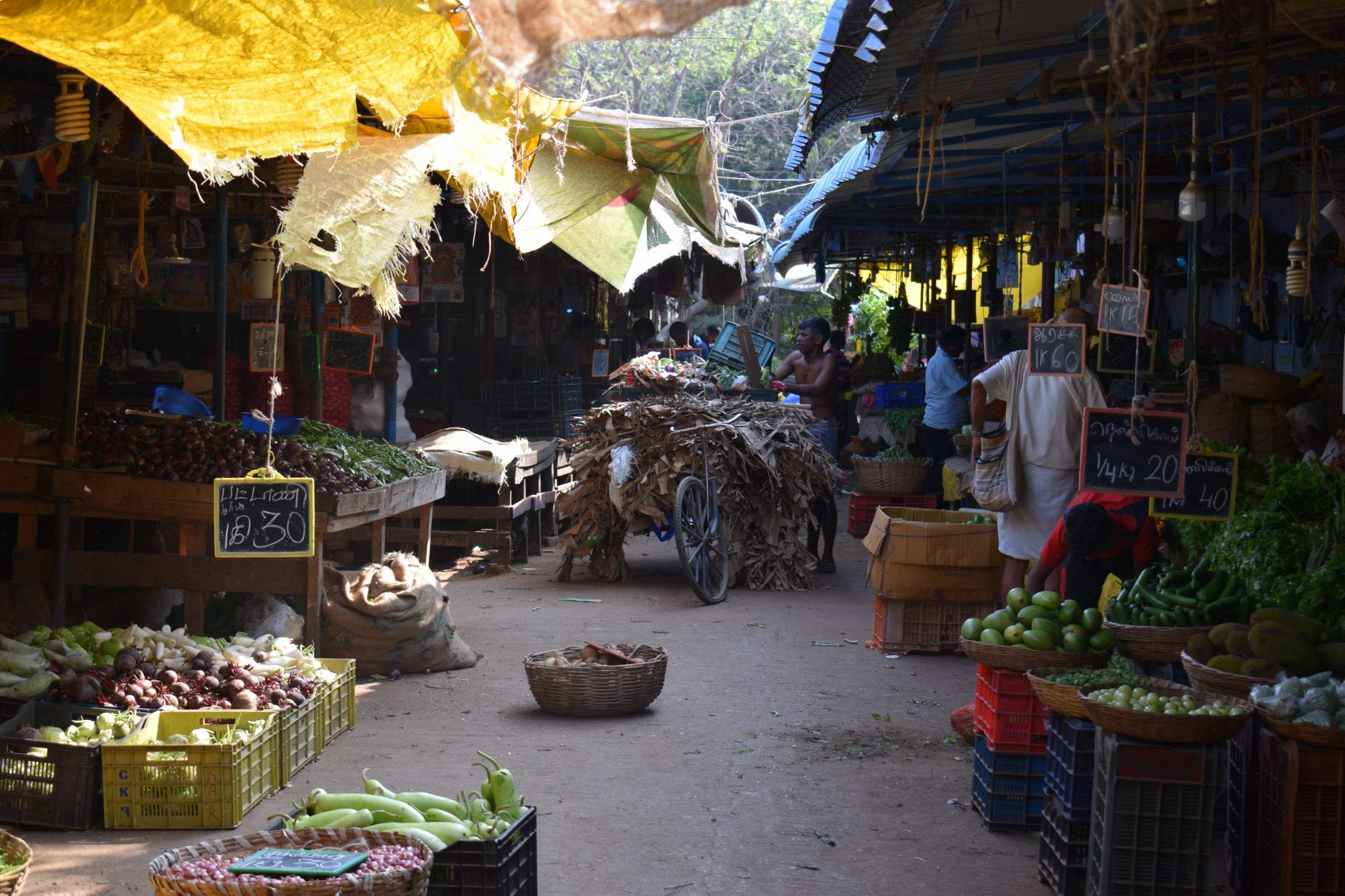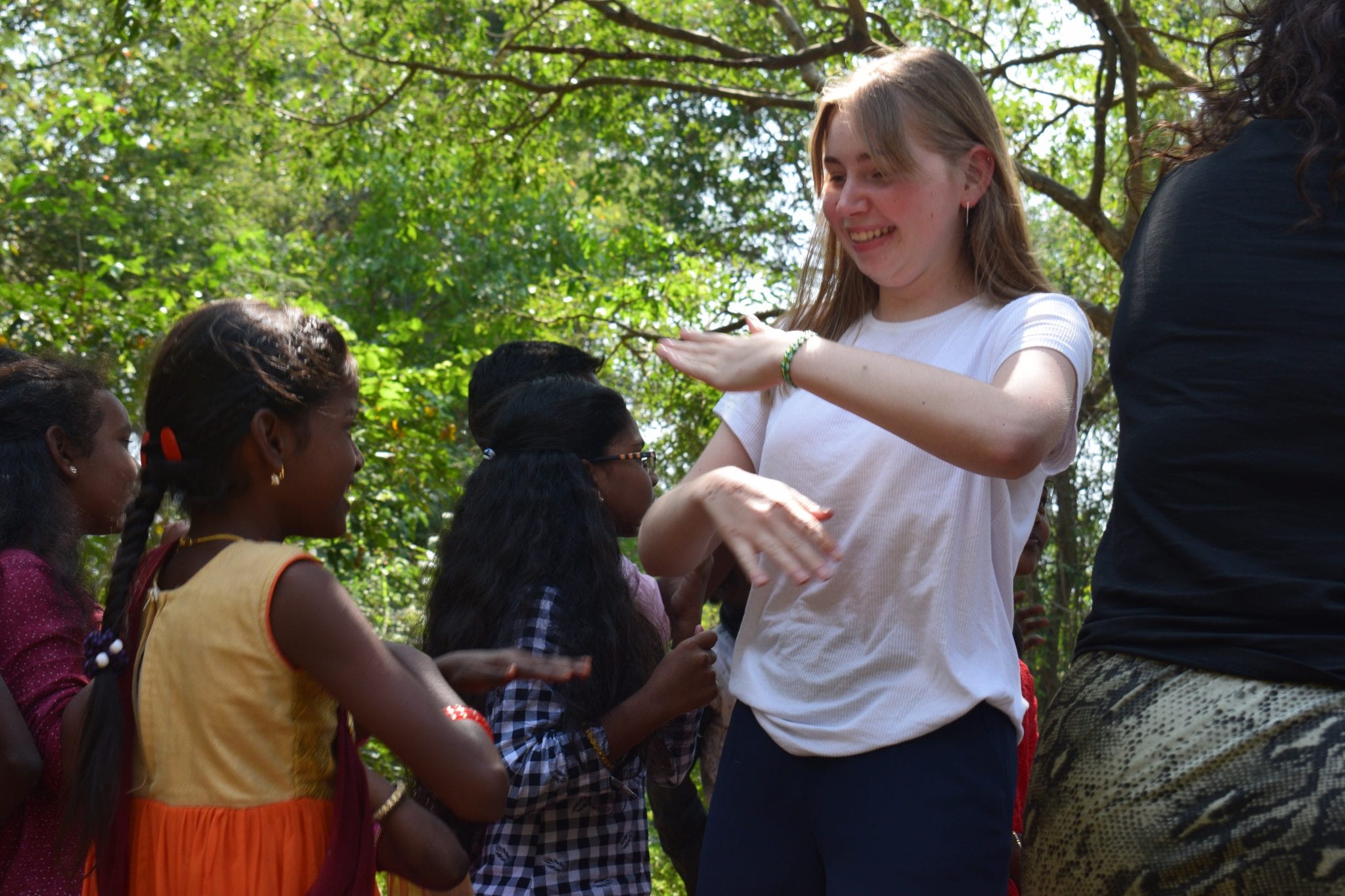
India
Category
Previous Cultural subjectsCultural meeting in India
India is the world's largest democracy. With a population of 1,408,000,000,000 people, 29 states and 7 territories and over 200 different languages, there are plenty of opportunities for cultural encounters. In South India - where we're travelling - either Malayalam or Tamil is spoken, although English can go a long way.
The main religion in India is Hinduism, but in South India there are larger proportions of both Christians and Muslims than in the rest of India. Hinduism, however, remains the most dominant religion in the region. South India is a former colony of England and France but Denmark has also had the colony, Trankebar for 225 years.
January is the perfect month to travel to South India with temperatures around 30-35 degrees - even at night! Rain can occur, but it's not the big rainy season at this time of year.
The trip
The purpose of the trip is to meet a culture that is markedly different from the Danish one. We will endeavour to meet the locals in different ways and thus get to know the Indian culture.
We want students to be involved in planning the trip, so that their input and ideas are included as much as possible. Possibilities are many it could be:
- Visit local organisations
- For example, a home for young girls with AIDS
- Education of so-called tribal children
- Children's aid campaign
- Visit to slums / poor rural areas for untouchables
- Visit the former Danish colony of Trankebar
- Temple visit
- Shopping in the Indian mall only with fabric that can be re-sewn at a local tailor.
- Yoga lessons
- Indian cooking
- Elephant riding
- Visits to tea/coffee plantations
- Visit and experience the community of Auroville, where people from all over the world live together
- Learn about Indian culture at the Nordic Cultural Centre in Pondycherry
- With the good weather we will try to have a swim day, but not all places in India are suitable for bikinis and swimming trunks, so this will only be possible when we judge it to be appropriate.
Accommodation will be - if possible - with local young people for about 2 days and otherwise in a hotel.
The lessons
First of all, we need to find out about India and clarify the content of the trip. What was Denmark's role in Trankebar? How did the caste system come about? How do we get ready to meet an Indian?
As India is very different from Denmark, part of the teaching will be preparatory for the everyday life we will meet, difference between rich and poor, clothing, traffic, weather, food, language etc. We want to make student presentations, so that students can help to educate each other and that their drive is allowed to play a role. We will also work on raising sponsorship and money for the projects we will visit on the trip in South India. In 2017/18 we made a video and raised 4000kr.
It takes a lot of work to get the visa applications done, so we will spend time on this in class as well so everyone gets them right.
This course is for those students who are passionate about learning about another culture and who are ready for 14 days in a completely different everyday life than the one they know from home. A walk down the street can be a huge experience in itself, so there should be plenty to talk about. Openness, navigating an amazing and sometimes chaotic everyday life, and a willingness to try something new are key. It's important that you can cope with plans being rearranged and adjusted to suit local conditions. If you feel comfortable that things are as they used to be, this is not the trip for you.
UN Sustainable Development Goals
- No poverty
- Health and well-being (Focus on AIDS)
- Reduced inequality (the caste system)
Safety
In case of illness, the pupil is taken to the doctor. We take no chances. Most common in India is getting sick stomach. We take the necessary medicine for this with us.
If we need special help while in India, we have local contacts who are used to navigating the Indian system, and the Danish embassy will be informed of all our plans before we leave.
Vaccinations
Tetanus, hepatitis A and B, (cholera, typhoid, rabies - recommended in some places but not others. Talk to your doctor)
Teachers
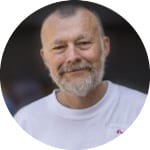 |
||
| Nigel Hopwood nh@ranumefterskole.dk |
Terms and economy
Self-payment approx: 11,000 kr.
+ possibly a collective cancellation insurance - 350,- DKK. Visa included, if you have a danish passport.
Pocket money: App. 1.000 kr. recommended


